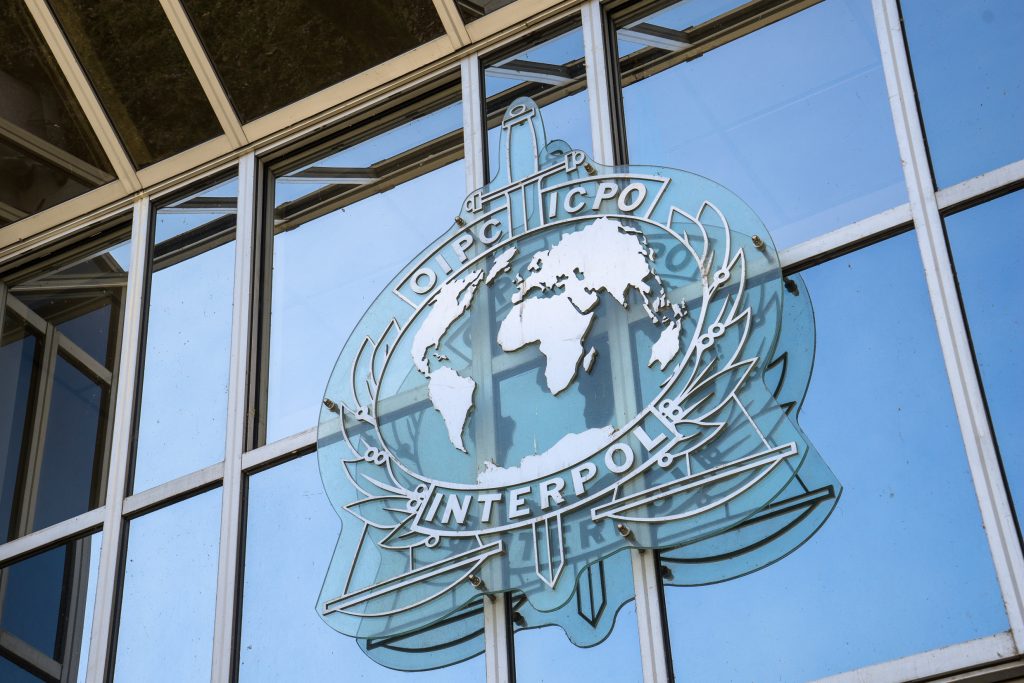The previous blog in this series, found here , looked at how an Interpol Red Notice can derail a genuine asylum application in the UK on the basis that the applicant has committed a serious non-political crime before looking at the ways a Red Notice can derail an application for UK citizenship on the basis that an applicant is not of good character.
This blog looks at the ways a Red Notice can derail an application for UK citizenship on the basis that an applicant is not of good character.
Where an individual is granted asylum, that is that they hold indefinite leave to remain in the UK, after 10 years they can make an application for citizenship by naturalisation. In order to be granted citizenship the applicant must be deemed to be of good character. The requirement for a person to be of good character in order to naturalise as a British citizen is set out Schedule 1 to the British Nationality Act (BNA) 1981.
The UK Government guidance on assessing citizenship applications makes clear that a person will not normally be considered of good character if, among other things, there is information to suggest that they have committed criminal offences or it is more likely than not they have been involved in crime. Citizenship will not normally be granted to a person who has a pending charge or prosecution. The guidance is clear that an application will normally be refused where the person is the subject of a European Arrest Warrant or extradition warrant or has:
- been found guilty of an offence in absence and the country where the offence was committed are seeking extradition
- been tried overseas and found guilty
Depending on other circumstances in the application, a person will not normally be refused
where:
- a UK court has decided extradition should not proceed because of a lack of evidence
- the person has been tried overseas and acquitted
Whilst an acquittal may be persuasive evidence of good character, it is not conclusive – the criminal standard of proof is beyond reasonable doubt, whereas a decision as to whether the person is of good character is on the balance of probabilities.
Other countries that are members of Interpol have similar citizenship application procedures and guidance, the problem is not unique to the UK.
It is possible to see how easily a politically motivated Interpol Red Notice can prevent a genuine citizenship application. It is crucial for Interpol’s checks and balances to be watertight if we are going to see an end to the abuse of its notice system. The stakes are high, those making asylum claims and eventual citizenship applications are by definition facing persecution in their country of origin.
En Editors of Red Notice Monitor are experts on Interpol, the Red Notice system and subsequent extradition and asylum proceedings. We regularly represent individuals in their challenges against bad-faith Red Notices including representing them in domestic courts to secure asylum claims and citizenship.
Ben Keith es un destacado abogado especializado en asuntos transfronterizos e internacionales. Se ocupa de todos los aspectos de extradición, derechos humanos, asistencia jurídica mutua, Interpol, delitos financieros y Derecho internacional, incluidas las sanciones. También es uno de los principales abogados especializados en inmigración y Derecho público. Ha sido nombrado miembro de la Lista "A" de abogados del Fiscal General, y se ocupa de algunos de los casos más complejos del Gobierno británico. Asesora al Departamento Jurídico del Gobierno en toda una serie de asuntos de Derecho público. Está especializado en complejas solicitudes de asilo para políticos y personas de alto poder adquisitivo, a menudo relacionadas con procedimientos de extradición y notificaciones rojas de Interpol.
Si necesita asesoramiento jurídico de abogados especializados en difusiones rojas de Interpol sobre cualquier asunto relacionado con Interpol, póngase en contacto con nosotros aquí . Puede leer más sobre nosotros, aquí .



